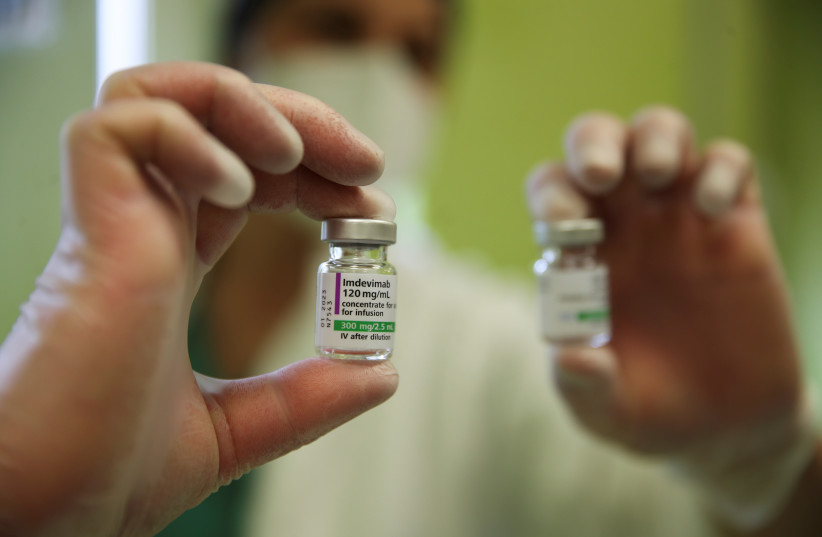AstraZeneca on Thursday cemented its lead in bringing a preventative COVID-19 shot for the non-infected to market for people who do not respond well to vaccines, saying its antibody drug cocktail offered 83% protection over six months.
The injected therapy, called AZD7442 or Evusheld, had previously been shown to confer 77% protection against symptomatic illness after three months, in an earlier readout of the late-stage PROVENT trial in August.
The Anglo-Swedish company also said a separate study in patients with mild-to-moderate COVID-19 showed a higher dose of AZD7442 cut the risk of symptoms worsening by 88% when given within three days of first symptoms.
The latest results from longer-term follow-ups potentially position AstraZeneca, like rival Pfizer as a future supplier of both COVID-19 vaccines and treatments, with AstraZeneca having said the therapy's "real advantage" was as a preventative shot.

"These new data add to the growing body of evidence supporting AZD7442's potential to make a significant difference in the prevention and treatment of COVID-19," Executive Vice President Mene Pangalos said in a statement.
